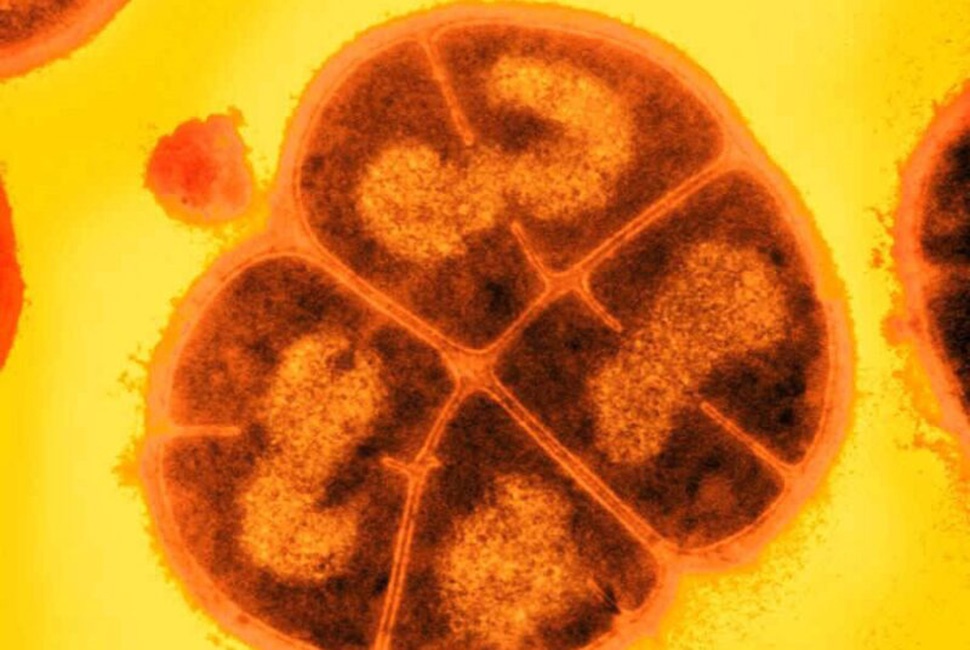The end of the year 2024 finds the agricultural sector in India significantly transformed owing to the increased usage of biological measures. Today, biopesticides, biostimulants, and soil microbiomes have become indispensable within the agricultural ecosystem, offering green, low-cost, and efficient options for traditional agriculture. With the change in climatic conditions as a result of global warming, the harm caused by resistant pests, and soil degradation, these enterprises are in greater need than ever before. There is no doubt that farming in India will undergo many changes in the coming years, where the reclamation of farmlands will be emphasised, along with adopting environmentally safe practices.
The expansion of biopesticides in 2024 marks a turning point in the agricultural practice of pest control. As biopesticides include the use of bacteria and fungi, they can control specific pests while being cautious of other insect life and the environment. For Indian farmers, where pests are responsible for destroying 17.5 per cent of crops, biopesticides have become a lifesaver for those weary of using chemicals. The global biopesticide market is quite high, and it is predicted it will continue to expand owing to the increase in these solutions around the world, particularly in India.
Crop health enhancers
Simultaneously, biostimulants have also assumed an important role as crop health and resilience enhancers. Biostimulants like seaweed extracts or amino acids enable plants to withstand damage from drought and floods, which are the norms in India. Research indicates that biostimulants can increase farm yield by nearly 20 per cent, raising their importance in making crops more yield-intensive and resource-conserving. In a region where droughts and erratic climatic conditions are common, the use of biostimulants provides a cost-effective mechanism to improve farming practices.
Another equally important aspect is the contribution of agricultural microbiomes in restoring soil health. Given that more than 60 per cent of India’s farmland suffers from soil degradation, applying soil microbial to enhance soil fertility and nutrient processes has become imperative. Including an array of bacteria and fungi, microbial solutions are assisting in the revamping of soil, which will impact the sustainability of agriculture in the future. The market of agricultural microbiomes continues to grow, and such solutions help promote environmentally friendly agriculture that recuperates the equilibrium of the ecosystem.
The emphasis on global agricultural practices grows because of the global economy. This leads to better competitiveness and efficiency in farming, thanks to the rise of precision agriculture tools. The use of biopesticides, biostimulants, and microbial products is now more efficient and cost-effective for farmers as they are given the opportunity to leverage sensors, drones, and data analytics. Also, in India, precision agriculture is linking the technological divide in the country, which is largely felt among small-scale farmers, by providing them with cheap tools, which in turn helps enhance output while simultaneously requiring fewer inputs.
Specialised agri characteristics
Toward the year 2024, the trends suggest that biological solutions will become more markedly possible in the shaping of agricultural practices in the future. Also, with continuing research, development, and government support, India’s agricultural sector will likely move towards greener technologies and practices. Furthermore, adequate awareness about farming practices among farmers, as well as easily accessible innovations, are contributing to restructuring the transition of farmers to biological solutions, which account for better output and a more sustainable environment.
As a result, it is quite clear that, in the upcoming years, India will witness a major change in the agricultural sector. The specialised agriculture of the future will be characterised by the use of biopesticides, biostimulants, and agricultural microorganisms, which all provide a wholesome contribution toward such. While many of these factors are extremely critical for Indian agriculture today, by integrating new biological solutions and methods, India is preparing its agriculture for a much brighter and more sustainable future. The advances achieved in 2024 only spell the beginning, portraying expectations of enhanced growth and achievements in the coming years.
The author is President, IPL Biologicals Ltd








Leave a Comment